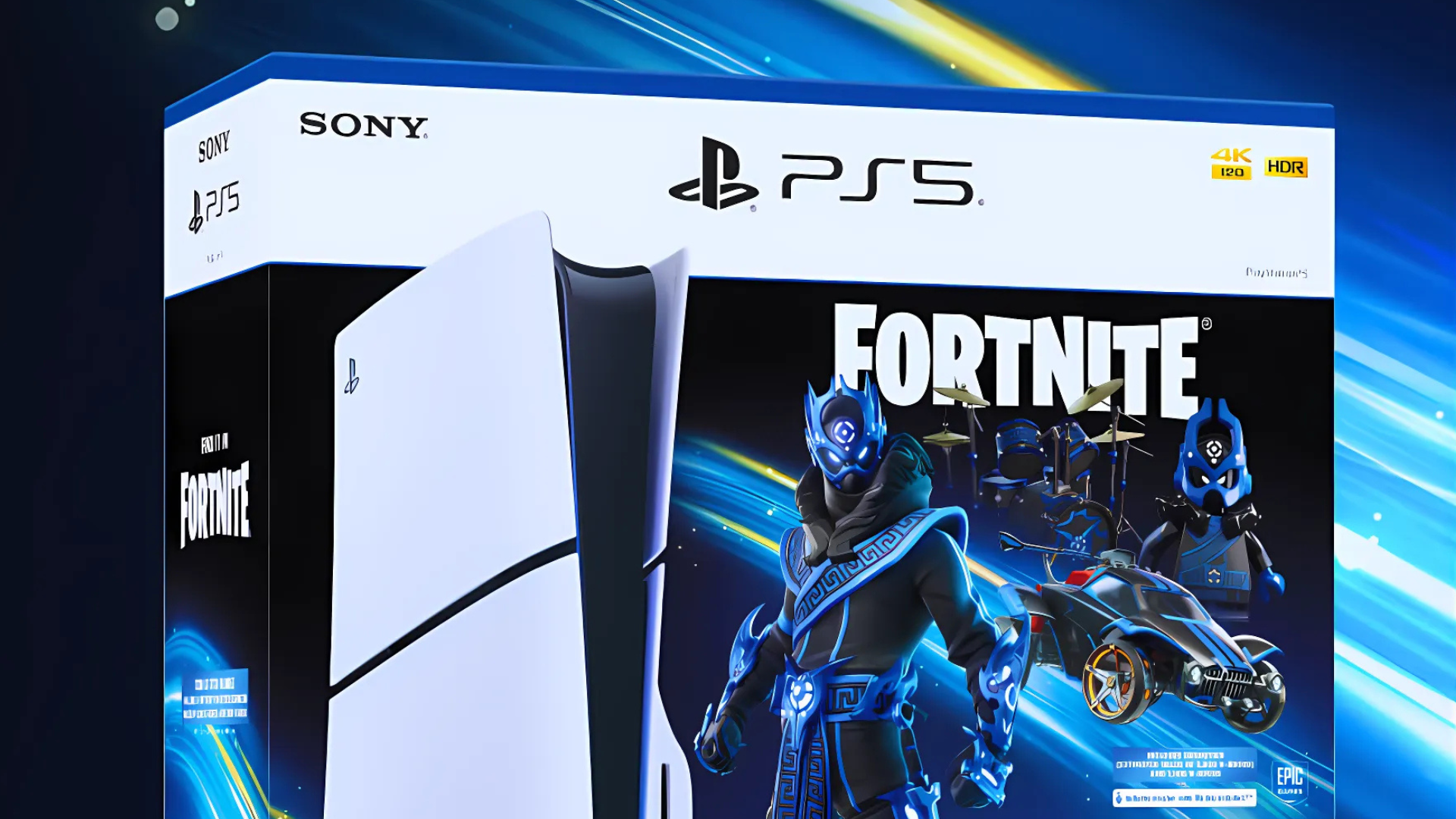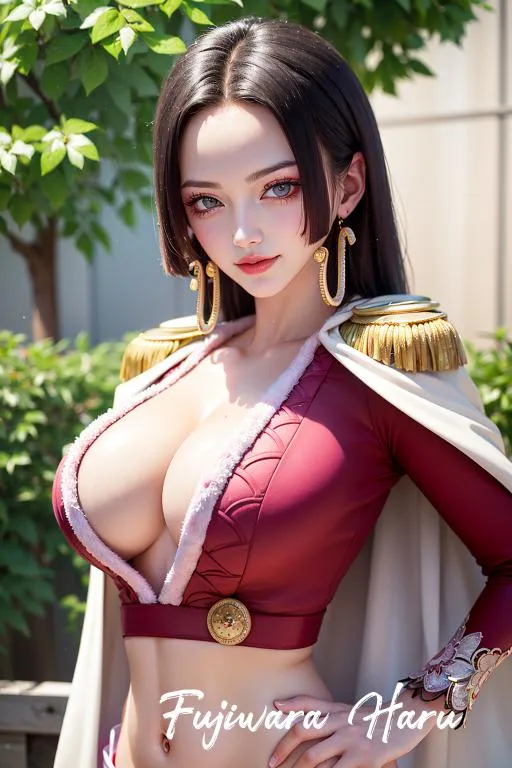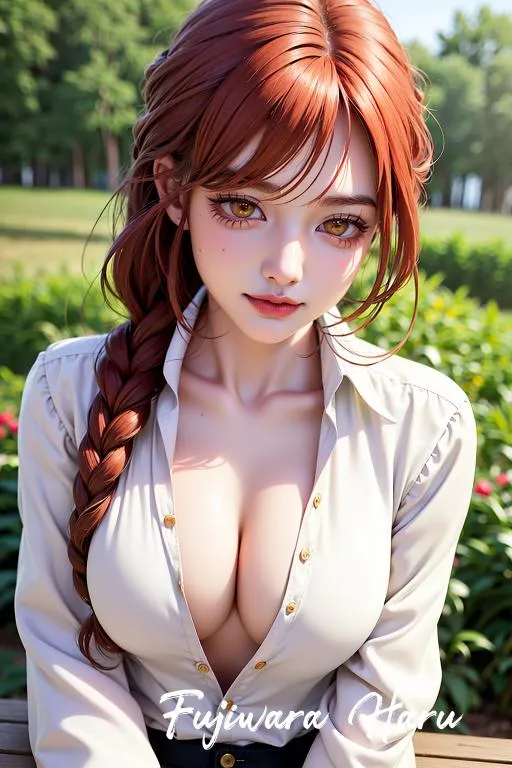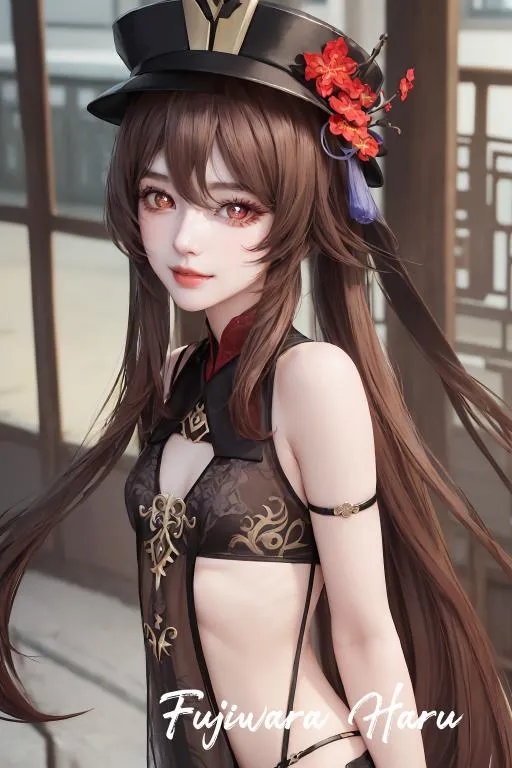Regardless of your stance on the Wizarding World and the upcoming TV remake of the Harry Potter saga, there's no denying that the idea of a story set in a school for magic is compelling. There’s a lot of fun to be had by putting a layer of fantasy over recognizable issues with bullies, privileged kids, and social cliques. There are countless anime stories set in schools (ninja schools, superhero schools, giant murdering mecha schools), and a bunch centered around magic, so it was inevitable that we would eventually get a proper Hogwarts-like anime school of witchcraft and wizardry. That Mashle: Magic and Muscles also serves as a hilarious parody of the Wizarding World and a One Punch Man-like story of a ludicrously overpowered kid is just icing on the cake.
Adapted from Hajime Kōmoto's manga of the same name, Mashle: Magic and Muscles is a direct and unapologetic parody clearly made by a Harry Potter fan who isn't afraid to poke fun at the more ridiculous aspects of the franchise. There’s a similar visual style, and every episode title is formatted like that of a Harry Potter book. The school at the center of the show – Easton Magic Academy – has a Dumbledore-esque headmaster and different houses distinguished by their animal sigils. The music that introduces Mashle’s Magical Realm is reminiscent of John Williams' "Hedwig's Theme." The parody works because it’s not just making fun of a hugely popular franchise, it’s doing so from a place of admiration that still sees lots of flaws in the original – like quidditch (yes, there's quidditch) being very dumb and complicated.
The story follows Mash Burnedead, a magic-less kid who enrolls at Easton and aims to fool everyone into thinking he's top of the class (he has a good reason for this, however). Luckily for Mash, he is stupidly fit, having trained his body every minute of every day all of his life. Here is where most of the comedy of the first half of the season comes, with Mash’s fellow students being so dependent on their powers that they simply consider Mash’s physical strength to be some rare form of magic. He can fly a broom by jumping really high, and he even joins the quidditch team and "flies" during matches by kicking so hard his feet keep him afloat.
Most of the comedy in Mashle: Magic and Muscles comes from Mash himself. Like Saitama in One Punch Man, he works best in small doses, as the punchline rather than the whole joke – a guy who can do no wrong and solves everything with a single blow gets repetitive fast. Unlike Saitama, Mash lacks a character arc and some nuance. He is, well, very dumb, a caricature of a meathead who never knows if doors open in or out and so rips them off their hinges instead. Thankfully, Mashle recognizes that Mash is not as interesting or important as the way he impacts those around them, and therein lies the heart of this anime.
You see, after clowning on Dumbledore and Slytherin (the former for favoring certain students, the latter for being a breeding ground for fascists), Mashle: Magic and Muscles reveals itself to be more than a parody. It has an original story to tell, an interesting world with problems of its own, and jabs to take at the caste system established by a reality where some have extraordinary abilities, and some do not. We learn that everyone in Mashle is magical because non-magic users are "expelled from the gene pool." The Magical Realm is messed up and full of systemic issues, and the appearance of Mash is a shock to the system that can change everything. We see not how Mash tries to change things, but how everyone he comes across has their outlook shattered by the appearance of someone who doesn't care about the status quo or follow conventional magic rules, but nevertheless is incredibly powerful. By the end of the first season, enemies become allies, allies become friends, and there's a clear indication that something fundamental has changed in these people.
Studio A-1 Pictures does a good job not only realizing the magical world of Mashle: Magic and Muscles, but of making a smooth transition from Harry Potter parody to more standard battle shonen. As it becomes more of its own thing, Mashle falls victim to an overreliance on repetitive fight scenes where every character uses the same attack over and over. That being said, the fights look good, the team at A-1 Pictures makes the tonal change feel natural rather than jarring, and a self-awareness of tired battle shonen tropes (the long fights, the rivalries, enemies turned into allies, surprise power-ups) is expressed – even if Mashle ends up following those tropes anyway.




